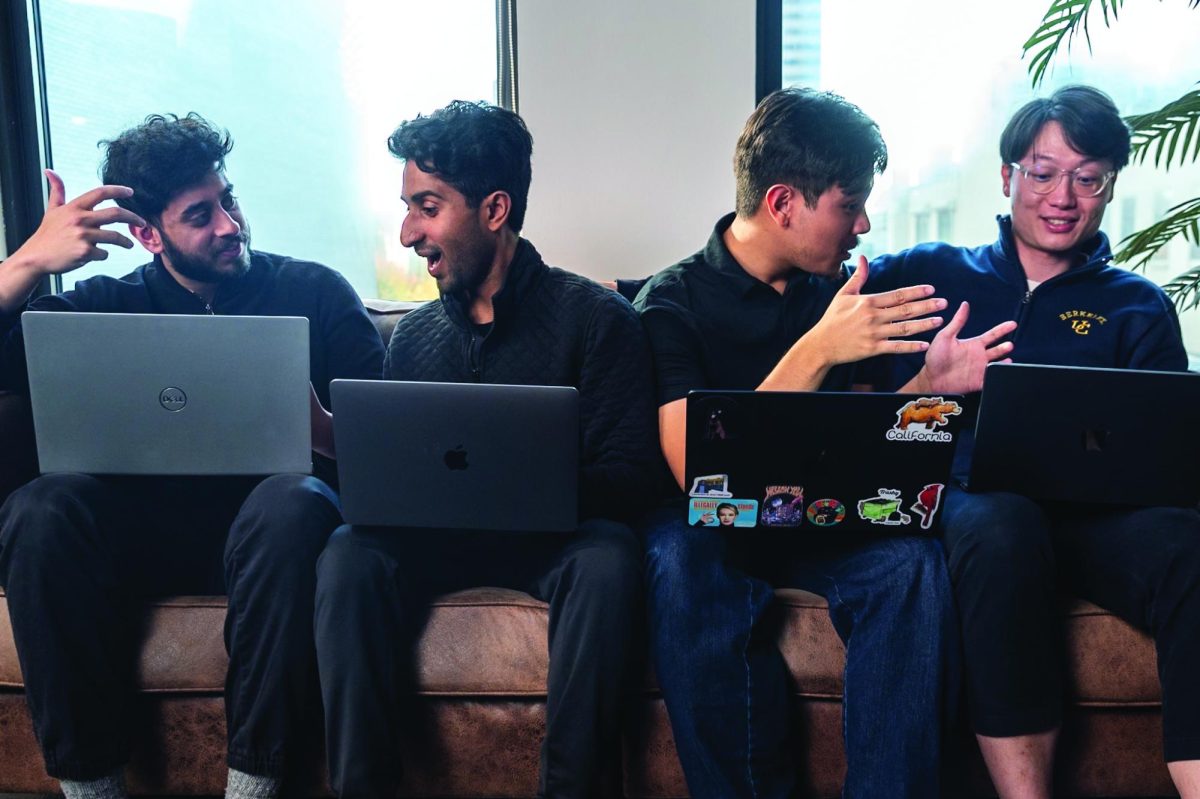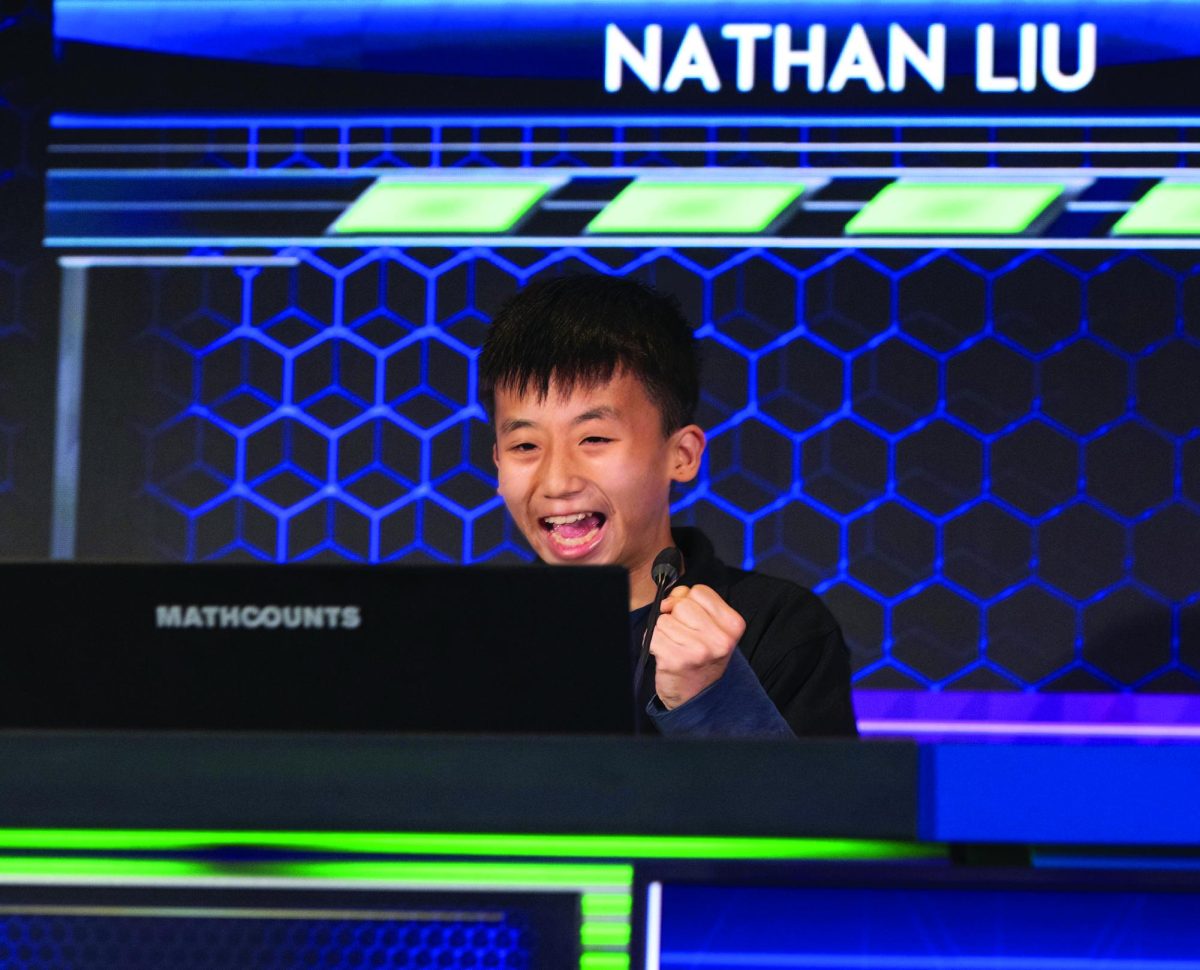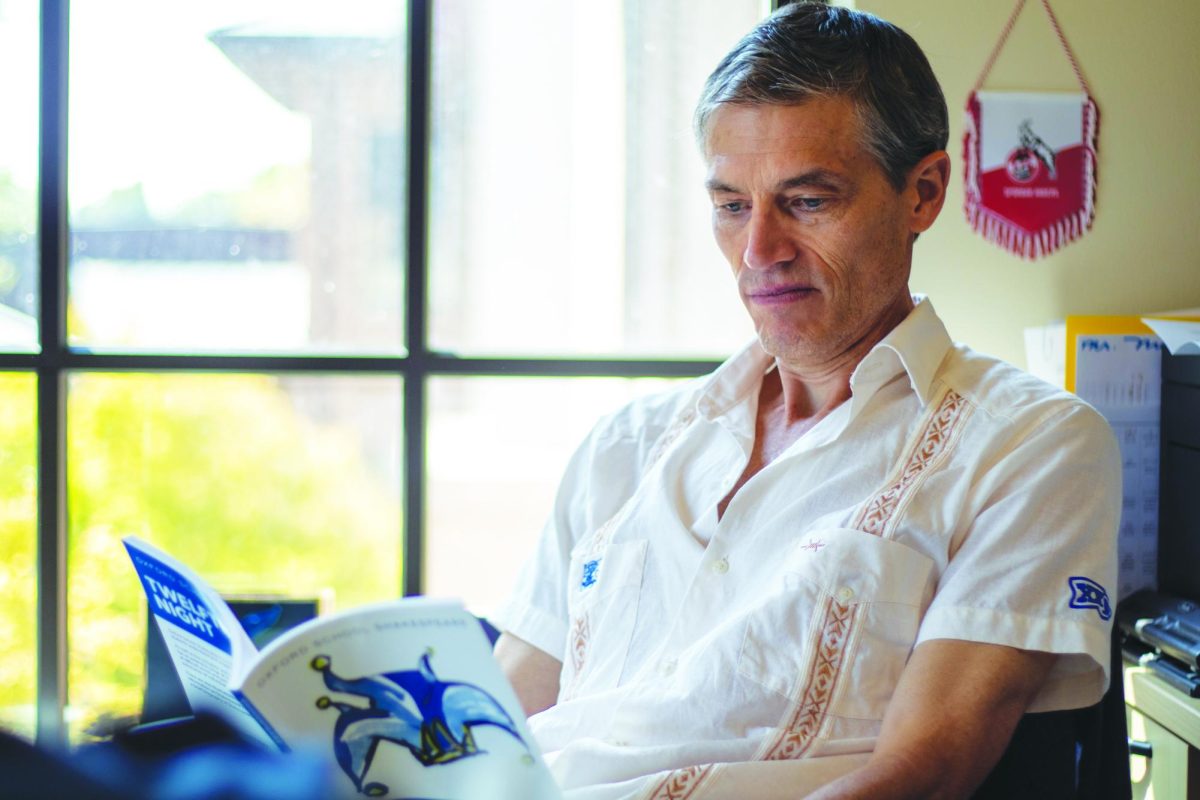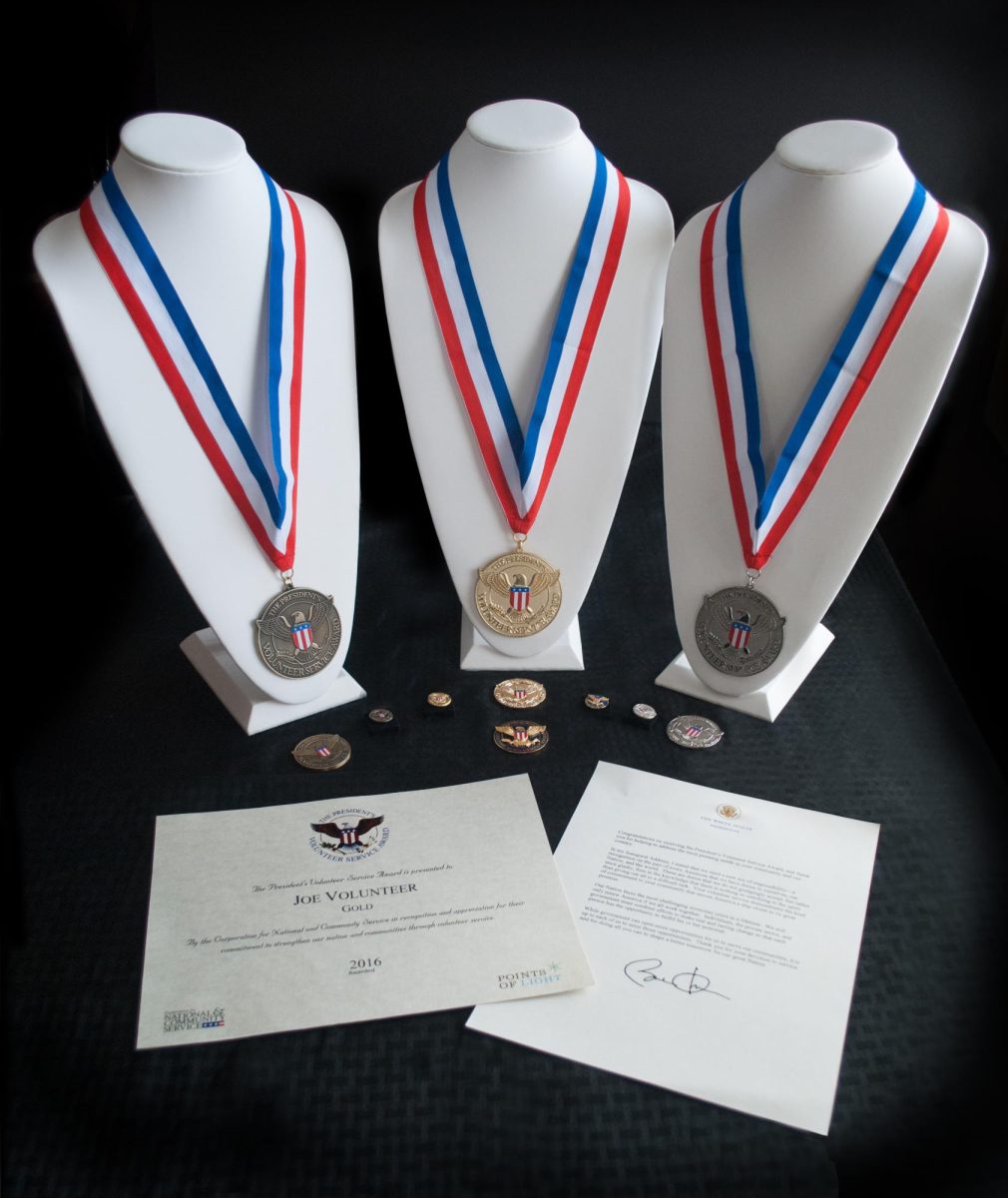Making his first hire.
Making his first sale.
Building his first product.
Turning zero into one.
Sahitya Senapathy ‘20 had always been nervous to take the first, hardest step. But with each new first, he’s found himself flourishing in the world of business, and he hasn’t looked back since.
Senapathy used to be an 11-year-old software developer with a dream to assist the Federal Emergency Management Agency (FEMA) disaster relief. Now, he’s the 22-year-old CEO and founder of Endeavor AI—the startup that has just secured $7 million dollars to “revitalize American manufacturing.”
Endeavor AI automates sales, streamlines production and optimizes supply chains for manufacturing factories. With $7 million to jumpstart his company, Senapathy doesn’t just plan to grow his engineering and sales teams. He has finally made it to the starting line, one step closer to his dreams.
Senapathy’s success story started from humble beginnings. His father, Yad Senapathy, was born in poverty in India, immigrating to the U.S. with nothing but a couple hundred dollars in his right pocket and the American dream in the other.
So Yad Senapathy struggled, working for General Motors and Chrysler, single-handedly carving a life for himself. Hundreds turned into thousands, giving Senapathy’s father an opportunity to move from Michigan to Texas and start a family. And without a degree or any background in computer science, Yad Senapathy founded his own company in project management education.
That’s who Senapathy was raised by. That’s who Senapathy wanted to become.
Every day, right after Ms. Broom’s first grade class, his parents would drive him down to their office. A young Senapathy observed his parents with inquisitive eyes. Accounting. Setting up websites. Making Google advertisements.
Senapathy witnessed his parents fail, struggle and succeed—he watched them pursue greatness.
His parents were deeply inspirational. To him, they were heroes. They showed him how to turn nothing into something: how to make zero into one.
“When I was a kid growing up, my father was the greatest person I knew,” Senapathy said. “I wanted to live up to his expectations. I wanted to be as great as my father was.”
Eight-year-old Senapathy threw himself into academia and programming, influenced and motivated by his two biggest supporters, his parents.
By 11, he built his first app, and it was anything but your basic video game. His platform was programmed for FEMA and field tested with actual first responders in Texas. He had yet to reach his teenage years, but Senapathy had already been awarded a grant from the U.S. Army.
At 16 years old, Senapathy joined the Air Force Research Lab as their youngest ever contractor, working with a team of PhDs doing research on drones with deep learning.
His dedication and curiosity extended past his high school career and into college, where he worked on generative AI a year before ChatGPT became extremely popular. All of his experiences—app building, research and programming—culminated into his work at Palantir, a modern AI company used by government agencies for defense and intelligence gathering. There, Senapathy led a manufacturing implementation for a Fortune 500 client, spending weeks going to factories around the country.
“I’d love seeing these massive warehouses and machines that were taking 10,000-pound steel coils and moving them from one end of the factory to the other,” Senapathy said. “ I fell in love with the industry. After Palantir, I decided to start my own company.”
Ever since his Lower School years, Senapathy sacrificed his “normal” life in order to make his dream a reality. Fresh out of college, he’s now flying across the country for weeks or even longer, meeting potential clients and building Endeavor AI.
“I’m sure by the time I’m 32, I’ll wish that I had spent more time after college traveling the world or doing whatever fun things that people do after they graduate college,” Senapathy said. “But right now, the only regret I have is not starting earlier.”
During his time as a Marksman, Senapathy learned foundational elements he considers essential. One of his favorite activities was debate. For Senapathy, debate was critical in developing necessary skills. In particular, his effective communication was integral in garnering the $7 million.
In English, Senapathy fondly remembers learning about the building blocks that he used to push himself further. Specifically, he loved learning about the concepts of ethos, pathos and logos.
It’s no surprise, then, that Endeavor AI’s approach is based on partnership and communication with their customers.
“We like to come sit down with them, visit them in person, go to their factories, talk to their operators,” Senapathy said, “and identify, ‘where are your processes inefficient, where are you doing things that could be done better?’”
There, his engineering and computer science teams take over. With his team, Senapathy modernizes his client’s factories, incorporating the best AI solutions and automating work.
They didn’t start from much.
Right after graduating from The Wharton School of the University of Pennsylvania, Senapathy and his few colleagues immediately moved to San Francisco with the idea of creating Endeavor AI. In fact, when Senapathy met his primary investor for the first time, it was completely by luck.
By nature of being close to the heart of Silicon Valley, Senapathy was introduced to many investors. At the time, he had barely begun to form the team, let alone started to raise money.
And there, by chance, Senapathy was introduced to Craft Ventures, a venture capital investment fund headed by the likes of Elon Musk and PayPal executives Peter Thiel and David Sacks—the same investor that would give him the $7 million in seed funding.
Senapathy is the 22-year-old CEO, the youngest on the Endeavor AI team.
He had just graduated from Wharton six months ago, and now he has to manage $7 million. He loves what he does, but occasionally, doubts fill his head.
“Their livelihood depends on my decision making and judgment,” Senapathy said. “But I think that’s what leadership is about, making those judgment calls.”
The burden of responsibility on someone so young is not easy to carry. But Senapathy hasn’t gotten this far without the support of others. He’s turned to businessmen, CEO’s and even his father—people who have spent years in this line of work. They’ve made mistakes, tasted success and can show Endeavor AI how to flourish as a company.
And most importantly, Senapathy has leaned on his alma mater, this school, using it to stabilize himself and seek guidance.
To him, the school has become more than difficult classes and a nice statue: it’s a web of connections, with every contact eager to help fellow Marksmen.
Senapathy still gets nervous. It’s always that first time: asking your crush to homecoming, taking a class you would never imagine yourself signing up for or sitting behind the wheel with your overreacting mother clutching her seatbelt beside you. Overcoming that first hurdle of fear is necessary to embody the person you strive to become.
Senapathy sees no downside to trying something new and being curious.
“A good CEO,” Senapathy said, “is one that never gets complacent and is never satisfied with their company. It’s very important in this day and age that you just try. Be curious and open to learning new things.”
Like his idols, Senapathy has hired his first employee. Sold his first sale. Promoted his first product.
With the help of his parents, friends, advisors and his determination, Senapathy turned his sweat and 22 years of his life into $7 million.
He was able to make something out of nothing. He turned zero into one. And he’s shooting for two.








